South Korea’s Financial Services Commission (FSC) has drawn a clear line in the sand: stablecoins will not be allowed to pay interest. The move marks the government’s first official guideline as it brings digital assets into the regulatory fold, with financial stability positioned as the top priority.
At a National Assembly audit on Oct. 20, FSC Vice Chairman Lee Ok-won stated that paying interest on stablecoins would be “fundamentally prohibited.” His remarks came in response to a question from Rep. Yoo Young-ha of the ruling People Power Party, who argued that “any form of interest payments must be blocked.”
The FSC’s stance mirrors a key provision of the U.S. GENESIS Act, which bans interest-bearing stablecoins used for payments. Both measures are designed to prevent digital tokens from morphing into de facto bank deposits—a step regulators fear could disrupt monetary control and financial order.
Stablecoins, which are pegged to fiat currencies or real-world assets to maintain price stability, have gained global attention as a potential digital payment tool. Yet if they were to pay interest, they could blur the line between banking and crypto, posing systemic risks. South Korean regulators aim to close that door early, setting clear boundaries for integration into the financial system.
Lee also stressed caution over who should issue and operate stablecoins. He said virtual asset exchanges should be barred from issuing their own tokens, advocating instead for a bank-led consortium model where fintech firms act strictly as technology providers. “We must preserve the separation of finance and industry while minimizing systemic risks,” he said, adding that innovation should be encouraged “within a stable, globally coherent regulatory framework.”
The government plans to submit its so-called “Phase 2 Digital Asset Bill” to the National Assembly by year-end. The legislation is expected to outline issuance standards, distribution structures, and investor protection measures for stablecoins and other digital assets.
By setting clear guardrails early, policymakers hope to lay the groundwork for an orderly and credible digital asset market. The challenge ahead lies in balancing regulatory rigor with the flexibility needed to foster innovation in South Korea’s fintech ecosystem.





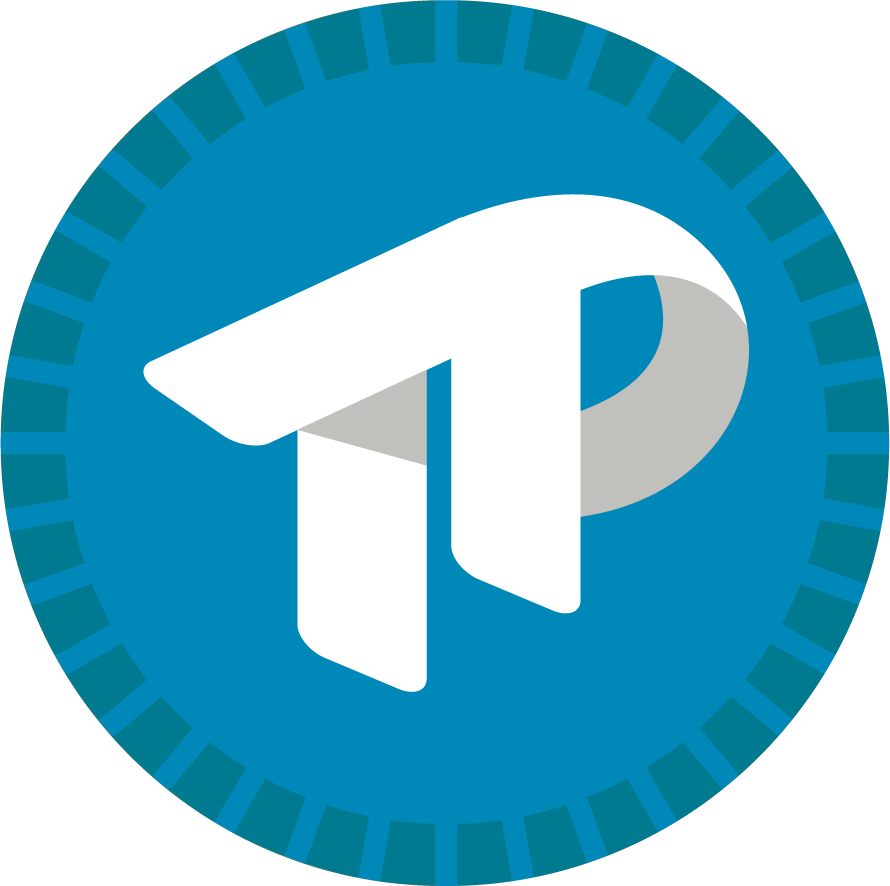
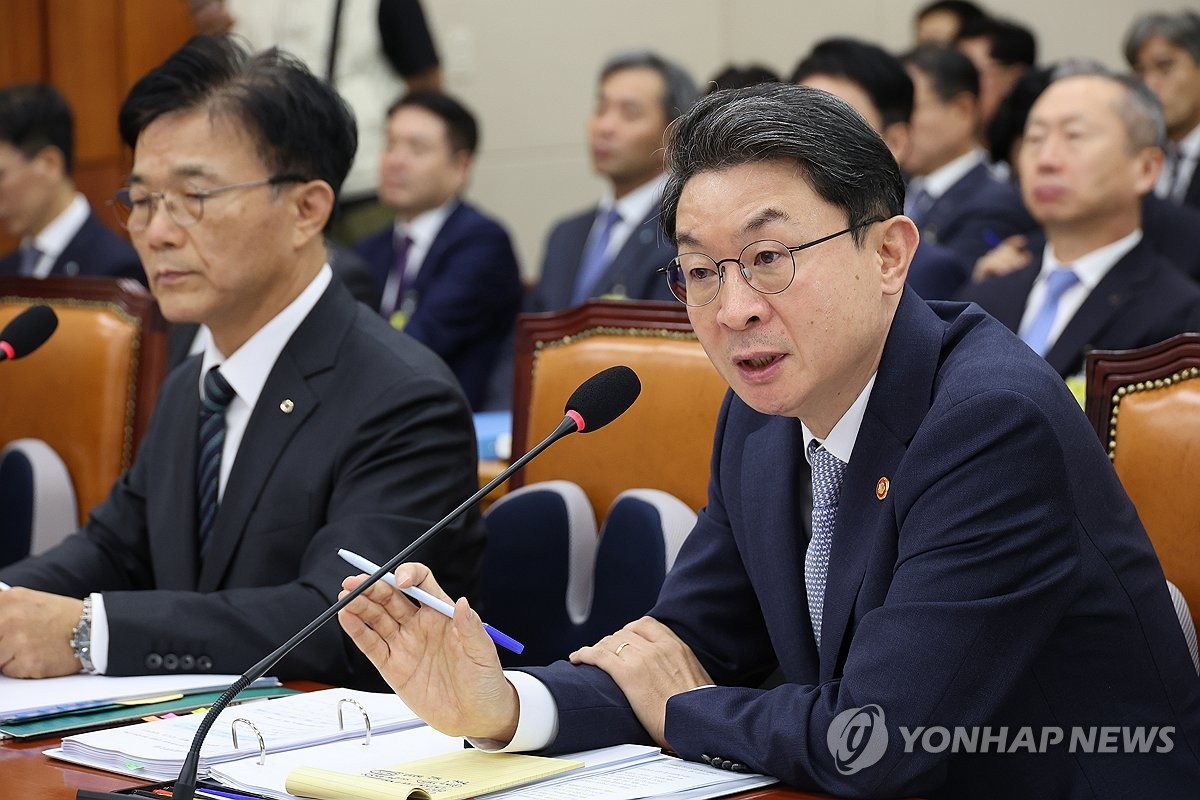






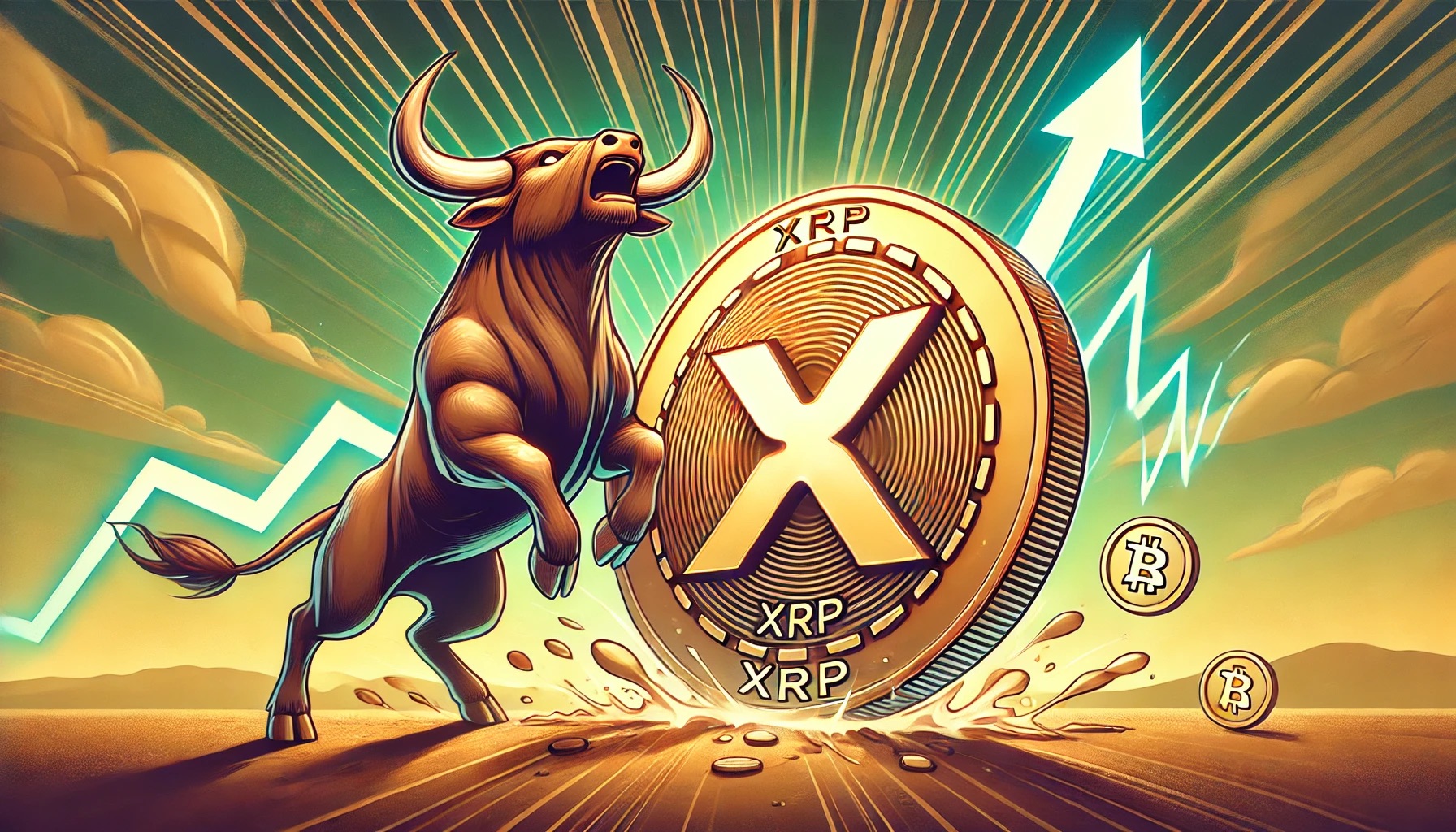


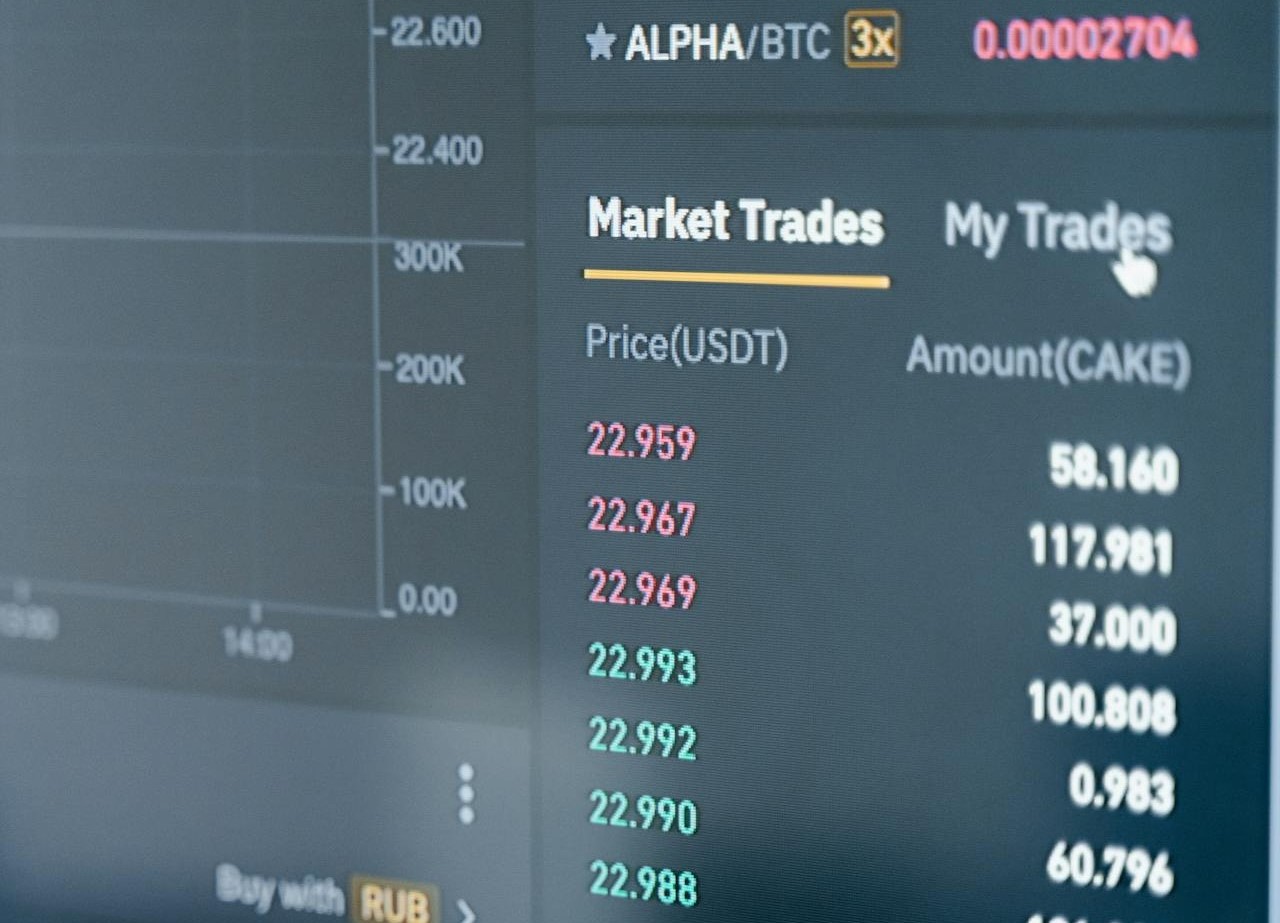
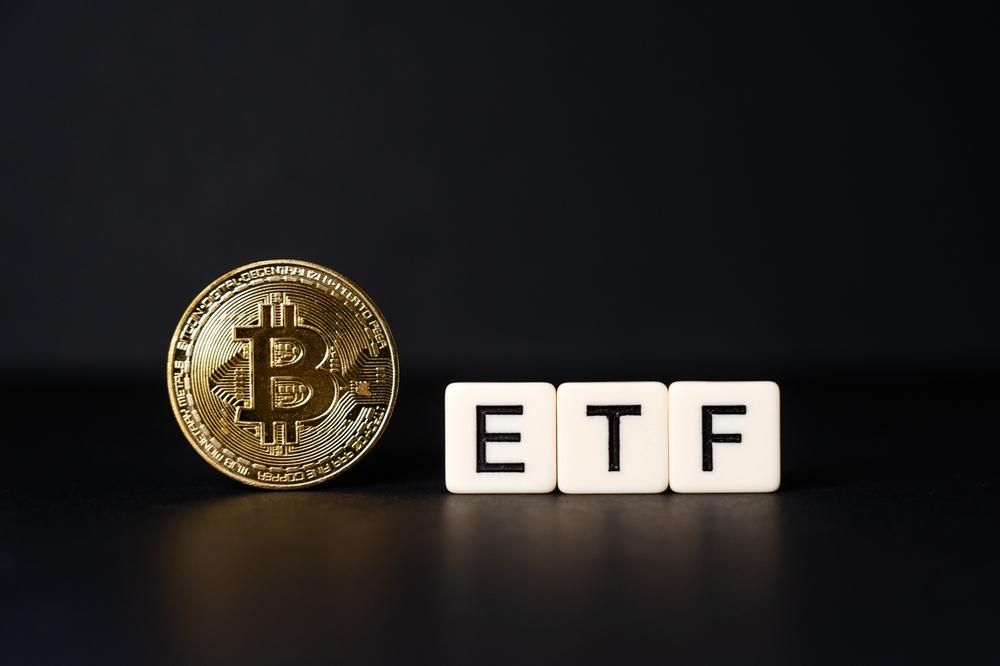

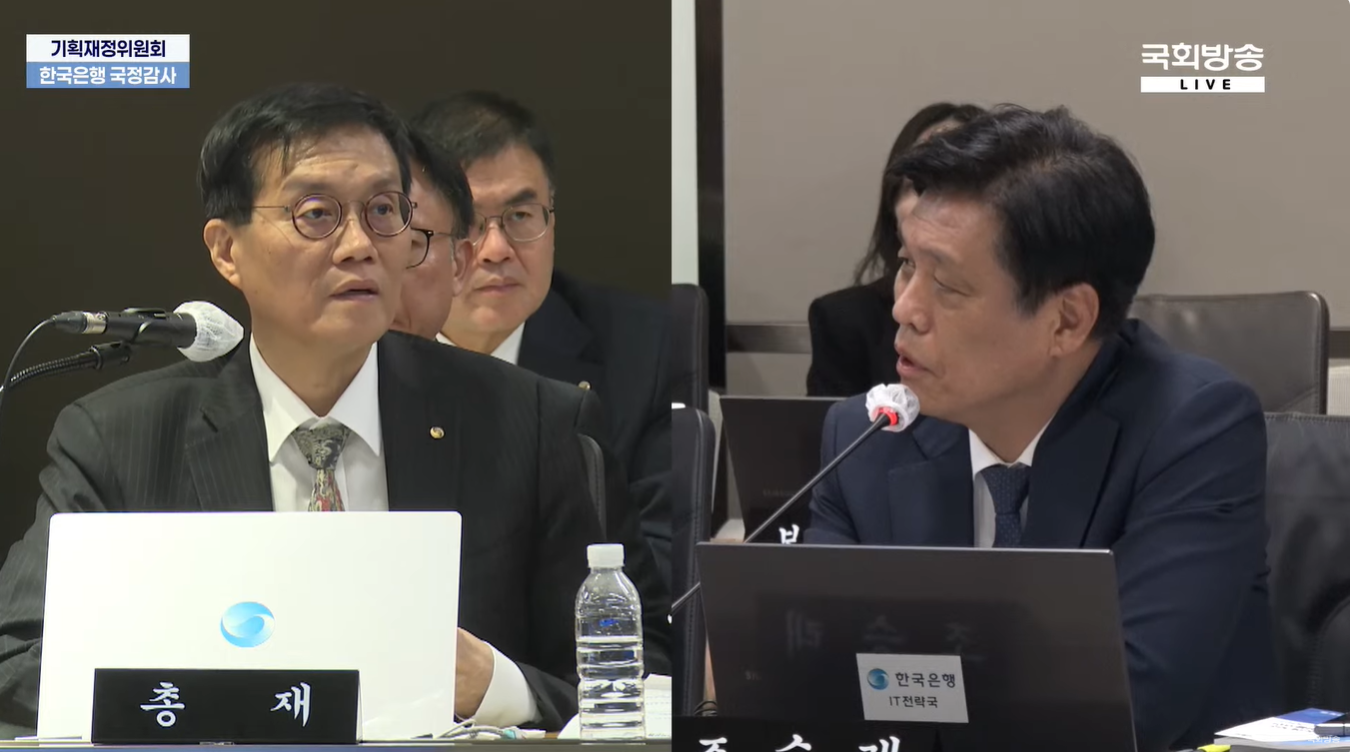

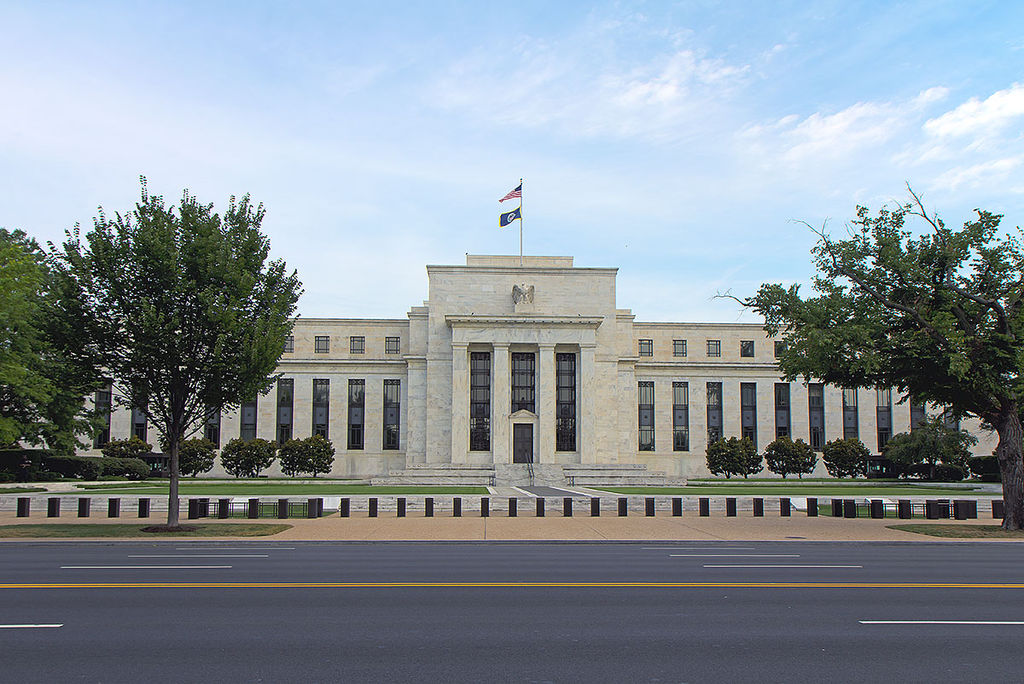



Comment 0